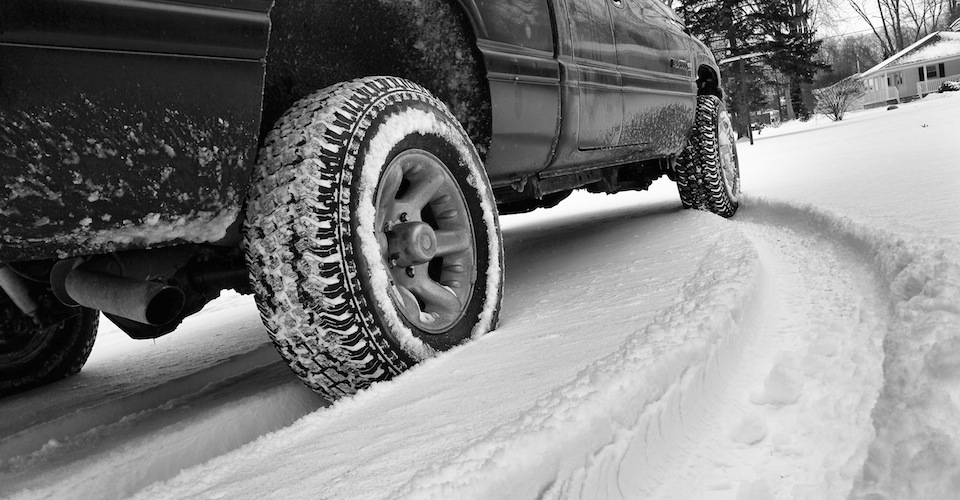Here are some of the most critical maintenance procedures that need to be scheduled.

While checking and draining the water/fuel separator is normal maintenance for any type of engine in any season, it is particularly critical in cold-weather conditions and for vehicles running on biodiesel. Biodiesel usually contains more water than regular diesel, and thus requires more frequent fuel filter changes. Natural gas engines produce even more water vapor, and must be checked and drained daily.
A simple hydrometer check or test strip will tell you if the antifreeze in the radiator needs a supplemental additive or a complete change. The concentration of ethyl
While people put on heavier clothes in winter, engines need lighter-weight oil in their crankcase. Those running 15W-40 oil should consider switching to a 10W-30 or lighter-weight oil that meets OE specifications for diesel engines.




